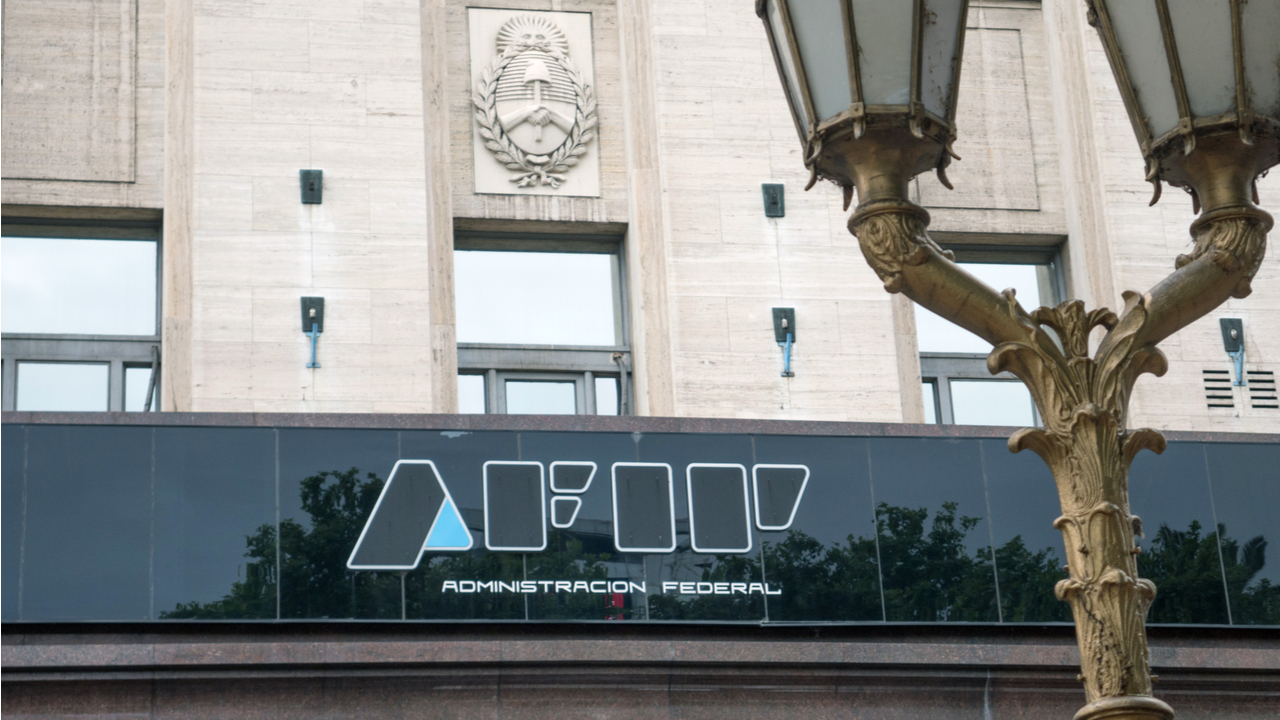
The Argentinian Tax Authority (AFIP) has won a historic case to seize taxpayer funds from a digital account. The case, which was won in an appeal in the Federal Chamber of Mar del Plata, might bring about more seizures of this kind and include cryptocurrencies as part of a stricter policy of the organization.
Argentinian Tax Authority to Seize Funds From Digital Account
The eyes of regulators around the world have turned to fintech and crypto companies and their operations. The Argentinian Tax Authority (AFIP) has recently won a landmark case in the area, allowing it to seize funds from a digital account in the country to pay tax-related debts. The request, which was first denied by a judge and then accepted in an appeal at the Federal Chamber of Mar del Plata, may be the first of many seizures of this kind.
The institution will be able to confiscate the totality of the funds owed to the state, adding 15% more for interest and processing charges. The chamber states that it doesn’t find any reason to not consider these and future funds, which were held in a digital Mercado Pago account, as part of the heritage of the account holder.
Furthermore, the order declares that “the rise of economic and financial activity through the use of digital accounts imposes the need to interpret the law in accordance with the current circumstances,” and that these technologies cannot become evasion mediums for taxpayers.
The organization added this kind of wallet to its list of assets which can be confiscated in February.
Cryptocurrency Might Also Be Confiscated
In the eyes of analysts, the same criteria applied to digital accounts might be used to confiscate cryptocurrency. Eugenio Bruno, a crypto and fintech specialized attorney, told Iproup that cryptocurrency assets fulfill functions of units of account and stores of value, and can also be used to make payments.
In this way, they could be seizable due to their money-like capabilities. However, the management of these assets is determined by the possession of their private keys, and that’s when an eventual seizure can be difficult to execute.
Bruno states:
In cases where crypto assets are held through exchanges, the eventual AFIP order may indicate that the private keys corresponding to digital accounts of taxpayers affected by the embargoes cannot be used to arrange transfers.
However, when these keys are not held by institutions the applicability of the criteria gets tricky, as the user might not present the private keys of their wallet to the authorities.
What do you think about the seizure of digital accounts in Argentina? Tell us in the comments section below.
Image Credits: Shutterstock, Pixabay, Wiki Commons, JopsStock / Shutterstock.com
Disclaimer: This article is for informational purposes only. It is not a direct offer or solicitation of an offer to buy or sell, or a recommendation or endorsement of any products, services, or companies. Bitcoin.com does not provide investment, tax, legal, or accounting advice. Neither the company nor the author is responsible, directly or indirectly, for any damage or loss caused or alleged to be caused by or in connection with the use of or reliance on any content, goods or services mentioned in this article.







